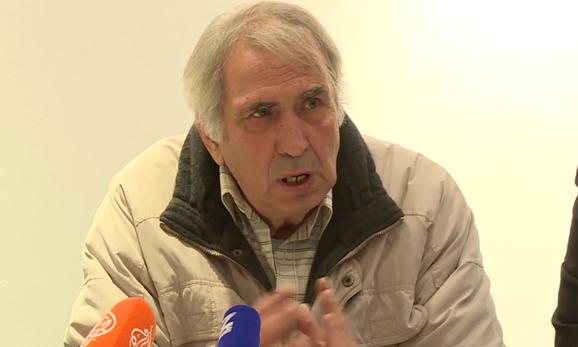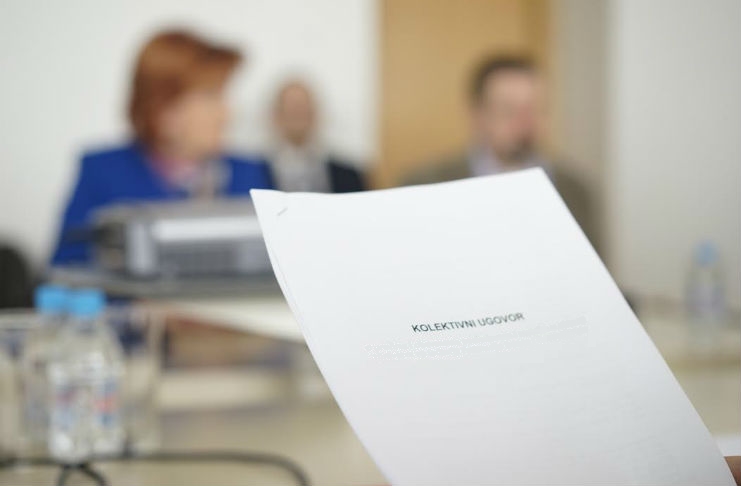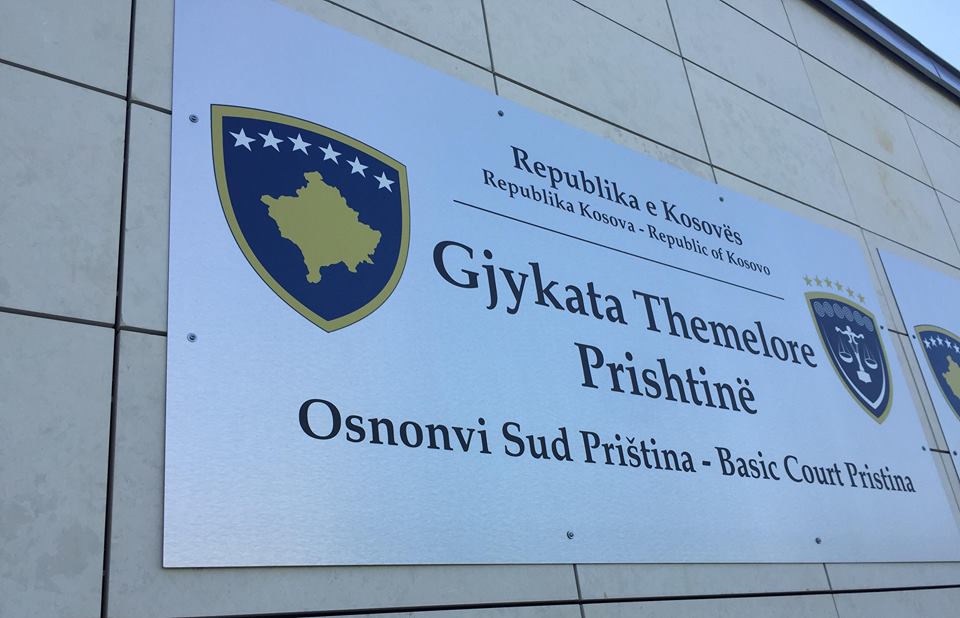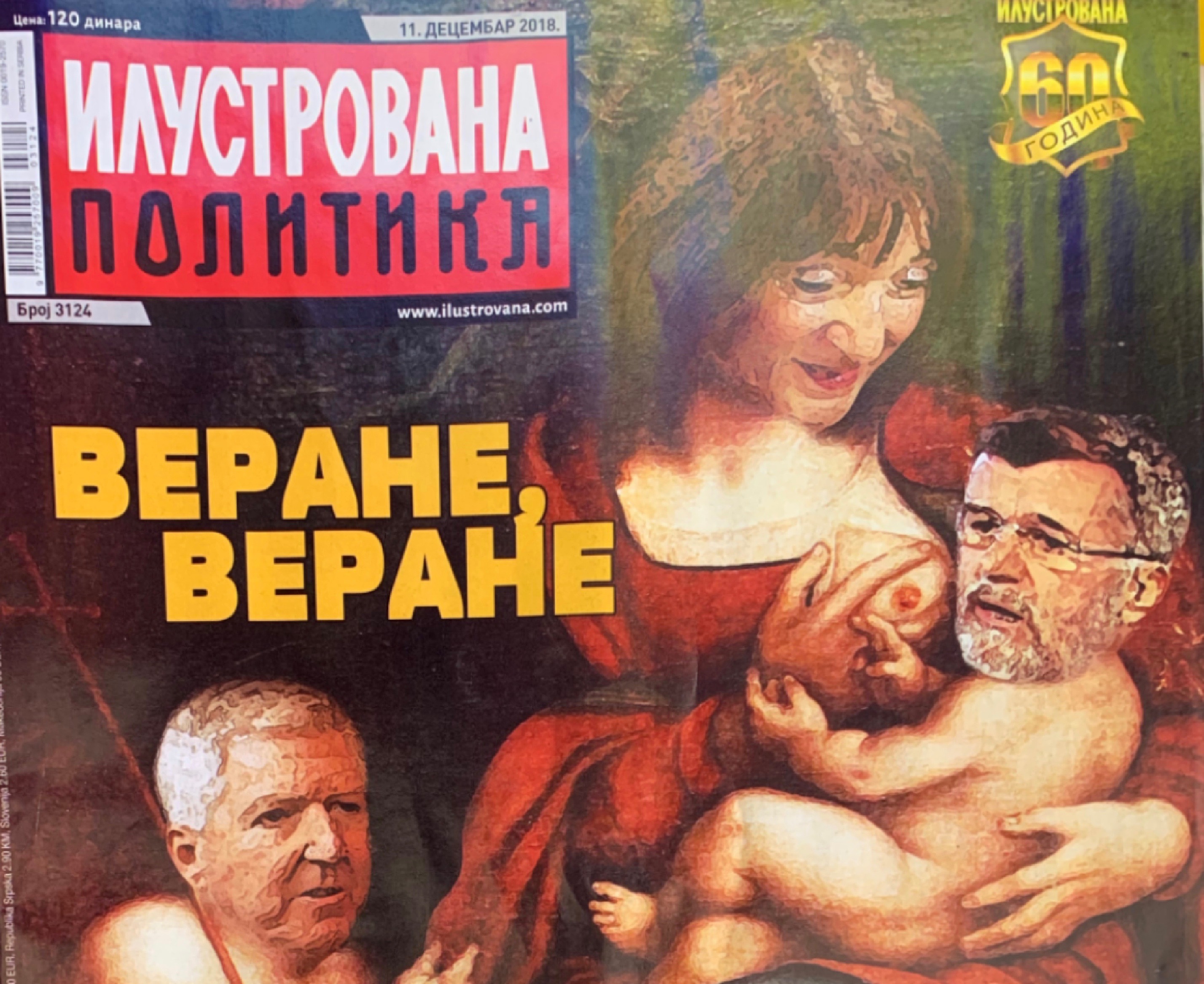Journalists can’t know the classification level of a document that is considered a state secret. In addition, according to the law in force, journalists may be sentenced to up to 12 years of imprisonment depending on the level of classification of the document they publish.
The Law on Classification of Information recognizes four levels of classification: ‘Too secret’, ‘Secret’, ‘Confidential’ and ‘Restricted’. 328019
The justification for all levels of classification is that their unauthorized could be expected to cause exceptionally grave damage [depending on the level] to security interests of the Republic of Kosovo.
When we mention security interests, we refers to defense, intelligence and law enforcement activities, security or foreign relations of the Republic of Kosovo, including its territorial integrity, integrity of its institutions, the constitutional order and economic stability and development
But, in my experience as a journalist, there have been cases when institutions have classified a public document, even if they have not shown the level of classification, they have threatened with imprisonment if it is published.
One of them is the MFA, which has failed to show why a classified document could compromise Kosovo’s security interests.
The MFA alleged that a contract with a US company is a classified document, though we found that the same is public in the US Department of Justice. It was a contract where the state would pay 540 thousand euros for legal advice and support for government relations and public communication activities.
We had asked the men who signed this contract, Anton Berisha, who comes from AAK, which services specifically are concerned and who has negotiated this contract, and it is dedicated to the same Government or Office of the Prime Minister. But he has said the contract is secret.
“You refer to a document that is classified and as such has legal limitations. Every official within the government, as well as other physical and legal persons who treat/disclosure the content outside the foreseen and unauthorized rates, will have administrative and legal consequences”, said Berisha’s office.
According to the law, the legal consequence is the imprisonment of up to 12 years, depending on the level of classification. But, this institution did not even show the classification level.
But, the contract that Berisha refers as a secret, we found it published in the US Department of Justice.
We asked them, how can be considered as a classified document a contract which is public and on which criteria it is classified the same.
“The other party has the right to publish, under the terms of the contract,” MFA replied.
But the law in its Article 4 also foresees classification criteria. A section below also shows cases where classification is not allowed.
“… preventing or delaying the publication of information, which obviously has nothing to do with security issues,” reads one of the items in Article 5.
Asked about on what basis a public contract was classified, the MFA said that the document was classified as such in accordance with the competencies of the Government, but did not give an answer how a public document could be classified as a secret.
The contract signed in Pristina was summoned to Government Decision No. 12/18 of 16.02.2018, but this decision is not public on the Government website.
We have also asked the Prime Minister’s Office if there is such a decision, but didn’t get any response.
On the OPM official website, which publishes Government decisions, there is no decision on this date.
The Law on Classification, in Article 11, also gives details of the duration of the classification, depending on the importance of the document. One document may remain classified for 1 to 25 years.
Documents that contain information classified as “CONFIDENTIAL” or higher, are written, translated, stored, copied, or in any other form reproduced only by persons who have valid security licenses for the classification level of the relevant document.
The Legislative Program of the Government for 2018 provided for the Law on Classification of Information and Security Verification to be amended in June this year. But the government told us that this law has not yet entered the amendment-amendment procedure
Author: Erjone Popova
This article is a production of the Association of Journalists of Kosovo under the project “Western Balkan’s Regional Platform for Advocating Media Freedom and Journalists Safety”, funded by the European Union. The content of this publication can in no circumstances be regarded as reflecting the position of the European Union.







